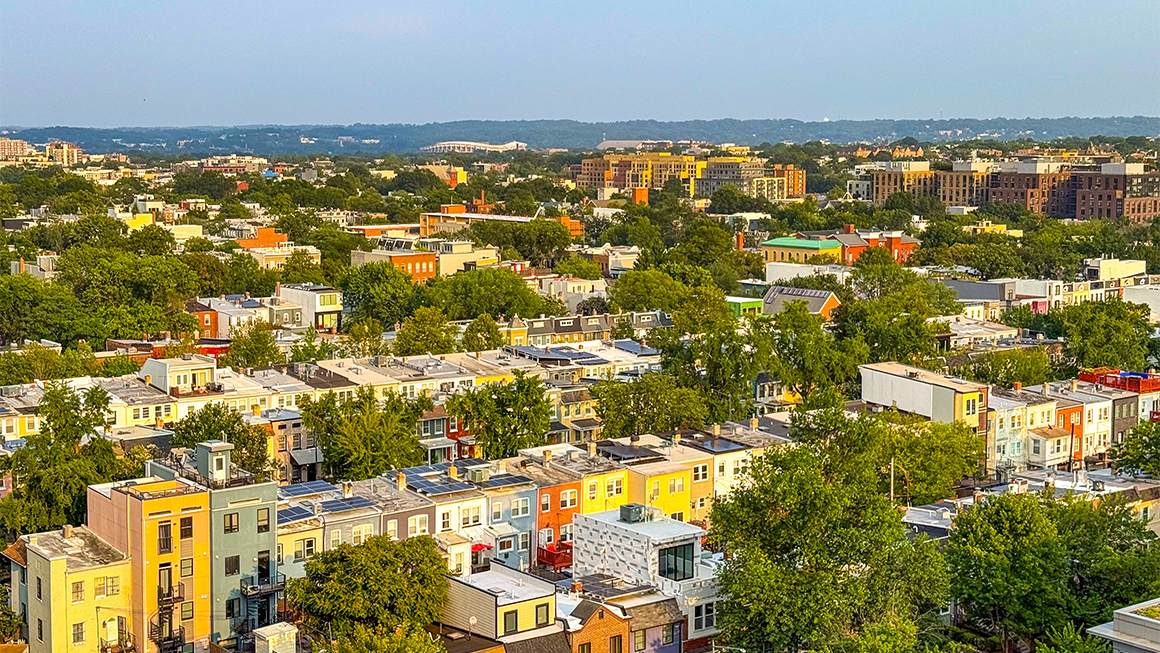Articles and analysis on today's issues

DC policymakers considering TOPA changes should understand the implications for owners and renters of two-to-four-unit rental buildings.
Considering the Impacts of Federal Infrastructure Investments on Racial Equity Historically, federally funded infrastructure has reinforced patterns of disinvestment rooted in systemic racism, but with large new investments in infrastructure, policymakers can improve conditions and repair communities.Reducing Subsidized Child Care Costs Can Help Families during a Crisis Most states and territories reduced Child Care Development Fund copayments to $0 for some period during the pandemic, which helped alleviate financial burdens on families using subsidized child care—a strategy that could also help in future crises.Addressing Rural Health Disparities Requires Trust, Data, and a Focus on Equity A recent Urban event brought together experts on rural health equity to offer strategies for rural practitioners to form partnerships, use data, and access financing to address health challenges.How States Can Ensure Equitable Funding for All Community College Students Using per student funding data, we find wide variation in funding equity across states, raising concerns about the need for states to pay more attention to allocating funds to maximize opportunities for economic mobility.Using the Capital for Communities Scorecard to Better Allocate Public Dollars for Social Impact Local San Francisco policymakers were able to prioritize social impact in two recent requests for proposals by adding the Capital for Communities Scorecard into their application process.Leveraging Underused Transit Properties Could Produce More Affordable Housing If used effectively, low-cost federal loans and no-cost land transfers of federal assets can enable local leaders to prioritize affordable housing projects and increase transit ridership.





